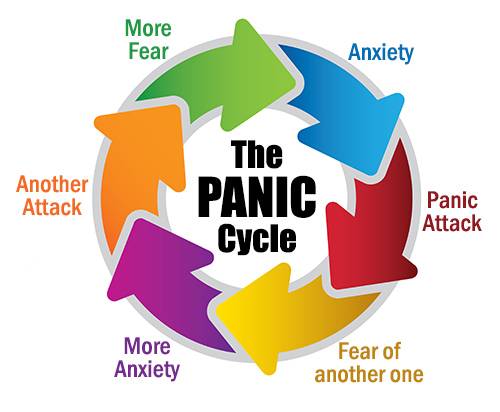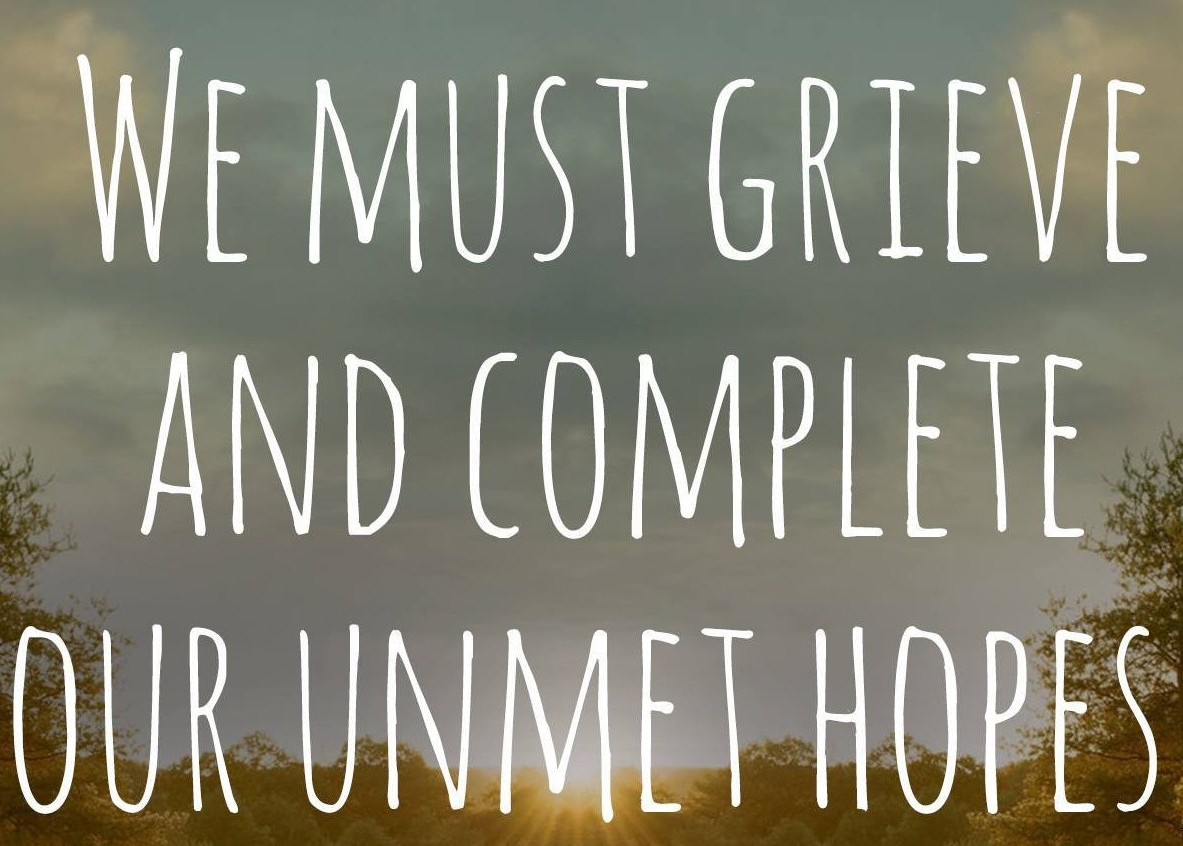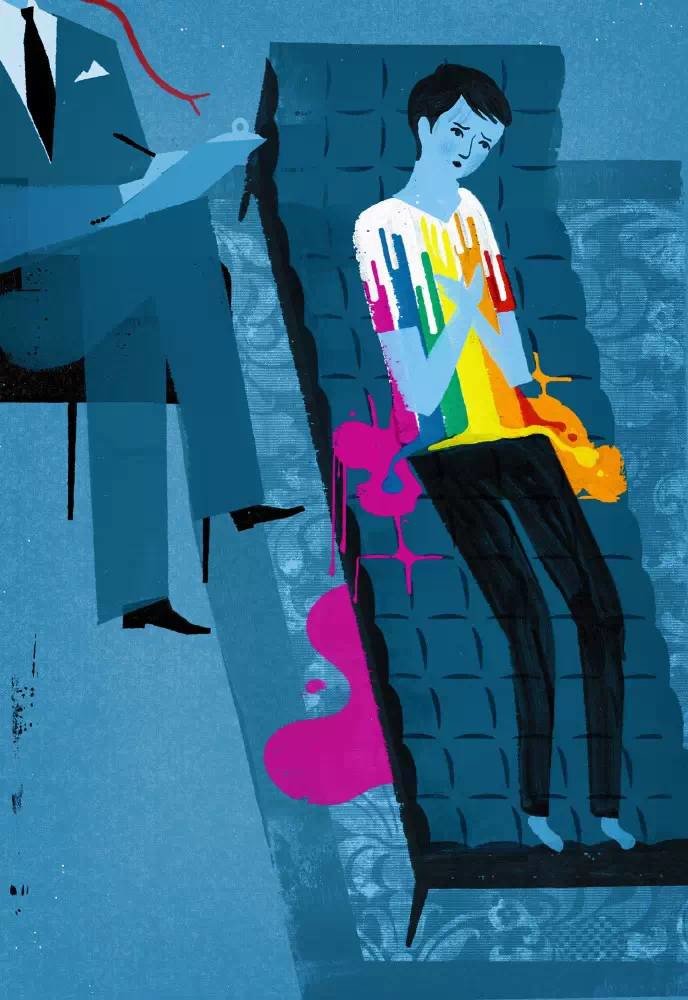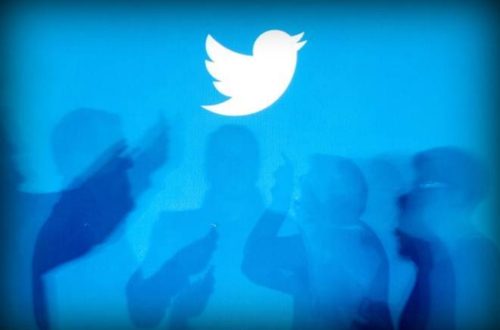Panic attack is an assailant in the shadows waiting to paralyze its prey with fear of death. When it strikes, what occurs is a simultaneous barrage of intense heat, tingling extremities, rapid breathing, nausea, twisted intestines, and pounding heart. At the same time the victim’s mind detaches from its body (Depersonalization), and obscures reality in an attempt to deny the attack is real (Derealization). When it’s over, the exhausted victim confronts the confusing reality that there never was an assailant, but quality of life has still somehow been stolen.
Misconceptions about sufferers of panic attack are as myriad as the triggers that can ignite them. Further adding to the confusion is that they sometimes occur in the absence of a trigger. When a public attack occurs, the victim’s presentation can lead others to believe the panicked person is “crazy” or “paranoid.” Those who have never experienced such terror often mislabeled sufferers as “weak” or “fragile.” Under threat of stigma, many choose to not divulge the extent to which they have suffered, and they are left diminished and isolated.
In simplest terms, a panicked person fears for his life, and in self-protection, his body prepares to flee, fight, or freeze. Every living species experiences similar preparation. When animals fear for their lives, some vomit and void their bowels in order to lighten themselves and increase flight speed. In a recent viral video a crayfish was recorded slicing off its own claw to avoid a pot of boiling water. Such is the strength of the life force. Physiologically, characteristics of panic response are universal, but whereas animals react to actual threats, humans with panic attack react to a threat that is not there.
I’m going to take a moment here to address a personal pet peeve. There are people who might claim to have experienced an “anxiety attack” to describe nervousness about some upcoming event like a test or a first date, but clinically there is no such thing as an “anxiety attack.” Anxiety is a chronic disturbance of thought, whereas panic attack is an acute event the symptoms of which are unlike any symptom in the entire anxiety disorder spectrum. Thank you for letting me vent.
For some, panic attack is a one time occurrence possibly triggered by a period of prolonged psychological distress. Others might experience repeated attacks intermittently, or in clusters, without concern for subsequent attacks. Then there are those whose panic attacks mutate into a far more nefarious entity; Panic Disorder.
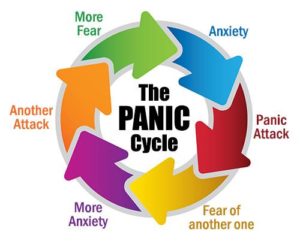
Imagine an initial attack as a freshly scabbed wound. In that context, panic disorder is the scab being repeatedly ripped off to the extent avoidance of any activity, person, or place that could tear the scab away is necessitated. That a person would avoid anything so as to diminish the possibility of panic underscores not only the misery involved, but the fear of judgement as well.
Avoidance is attributed to agoraphobia (translated from the Greek as Fear of the Marketplace), and is characterized by anxiety in any situation from which escape is perceived as unlikely. Some might believe overcoming agoraphobia is a matter of choice and will, but agoraphobia taps in to our biological hard wiring to keep ourself safe from the threat of death.
However, avoidance is a flawed defense because the longer the avoidance continues, the more reinforced is its effectiveness. In other words, If a person is panic free in a week during which work has been avoided, avoidance is positively reinforced. Unfortunately, it isn’t long before avoidance threatens livelihood.
Social isolation is another consequence of panic disorder, as a person will avoid spaces deemed too large, crowded, confined, dark, or bright, or any of the endless variables. Eventually, avoidance leads to isolation, which results in depression and hopelessness. For some, hopelessness is the path to suicidal ideation, or suicide.
If you or someone you know expresses suicidal thoughts, please contact the Suicide Prevention Hotline.
There are many ways to fight back against panic attack/disorder. Therapy and prescription medication are proven interventions, and are most effective in conjunction with each other. By itself, medication provided quick symptom relief, but without psychotherapy, root causes are not discovered or dealt with. For those who would rather not contend with the addictive properties of benzodiazepine drugs such as Xanax (Alprazolam) or Klonopin (Clonazepam) that are also controlled substances mandating monthly doctor visits for refills, certain Selective Serotonin Reuptake Inhibitors (SSRI) like Zoloft (Sertraline) manage not only physical symptoms, but reduce fearful and obsessive thoughts about subsequent attacks as well. Anyone who would rather avoid prescription meds entirely might explore natural remedies. It should be noted most supplements are not tested by the Food and Drug Administration (FDA), and although natural, side effects are still possible.
When people ask me about the causes of panic attack, I can only offer a physiological explanation. Genetics play a key role, as does stress, co-existing anxiety disorders, substance abuse/withdrawal, and trauma are among a few.
Panic Disorder reduces functionality, and hinders quality of life. On the bright side, many people who have suffered with Panic Disorder have experienced full restoration of life quality through treatment and support.
If you experience what you believe to be a panic attack, go to you doctor or your nearest emergency room. It is wise to rule out medical possibilities, and considering the effects of panic attack of the pulmonary and cardiovascular systems, anyone would be wise to rule out some possibilities.
There is no shame associated with Panic Attack/Disorder. It is your body doing what it believes it needs to do in order to survive. Although uncomfortable, if we didn’t have this built-in defense mechanism, we would not be able to prepare ourselves for real danger. Just remember, when panic strikes reach out to a trusted friend or family member. Regardless of the lies panic spews, someone will listen; someone will soothe you; someone will care.
